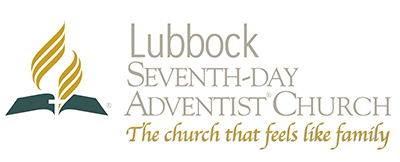Presented by David Rendon
“God, then, being the sole promoter of morality, through what instrumentality does He work to promote morality in the world? What body has He made the conservator of morality in the world: the church, or the civil power; which? – The church, and the church alone. It is “the church of the living God.” It is “the pillar and ground of the truth.” It was to the church that He said, “Go ye into all the world, and preach the gospel to every creature;” “ And, lo, I am with you always, even unto the end of the world.” It is by the church, through the preaching of Jesus Christ, that the gospel is “made known to all nations for the obedience of faith.” There is no obedience but the obedience of faith; there is no morality but the morality of faith. Therefore it is proved that to the church, and not to the State, is committed the conservation of morality in the world. This at once settles the question as to whether the State shall teach morality, or religion. The State cannot teach morality or religion. It has not the credentials for it. The spirit of God and the gospel of Christ are both essential to the teaching of morality, and neither of these is committed to the State, but both to the church.”
CIVIL GOVERNMENT AND RELIGION P.10 Alonzo T. Jones
“The teachings of religious leaders have opened the door to infidelity, to spiritualism, and to contempt for God’s holy law; and upon these leaders rests a fearful responsibility for the iniquity that exists in the Christian world. Yet this very class put forth the claim that the fast-spreading corruption is largely attributable to the desecration of the so-called “Christian sabbath,” and that the enforcement of Sunday observance would greatly improve the morals of society. This claim is especially urged in America, where the doctrine of the true Sabbath has been most widely preached. Here the temperance work, one of the most prominent and important of moral reforms, is often combined with the Sunday movement, and the advocates of the latter represent themselves as laboring to promote the highest interest of society; and those who refuse to unite with them are denounced as the enemies of temperance and reform. But the fact that a movement to establish error is connected with a work which is in itself good, is not an argument in favor of the error. We may disguise poison by mingling it with wholesome food, but we do not change its nature. On the contrary, it is rendered more dangerous, as it is more likely to be taken unawares. It is one of Satan’s devices to combine with falsehood just enough truth to give it plausibility. The leaders of the Sunday movement may advocate reforms which the people need, principles which are in harmony with the Bible; yet while there is with these a requirement which is contrary to God’s law, His servants cannot unite with them.”
Great Controversy 587.1

Recent Comments